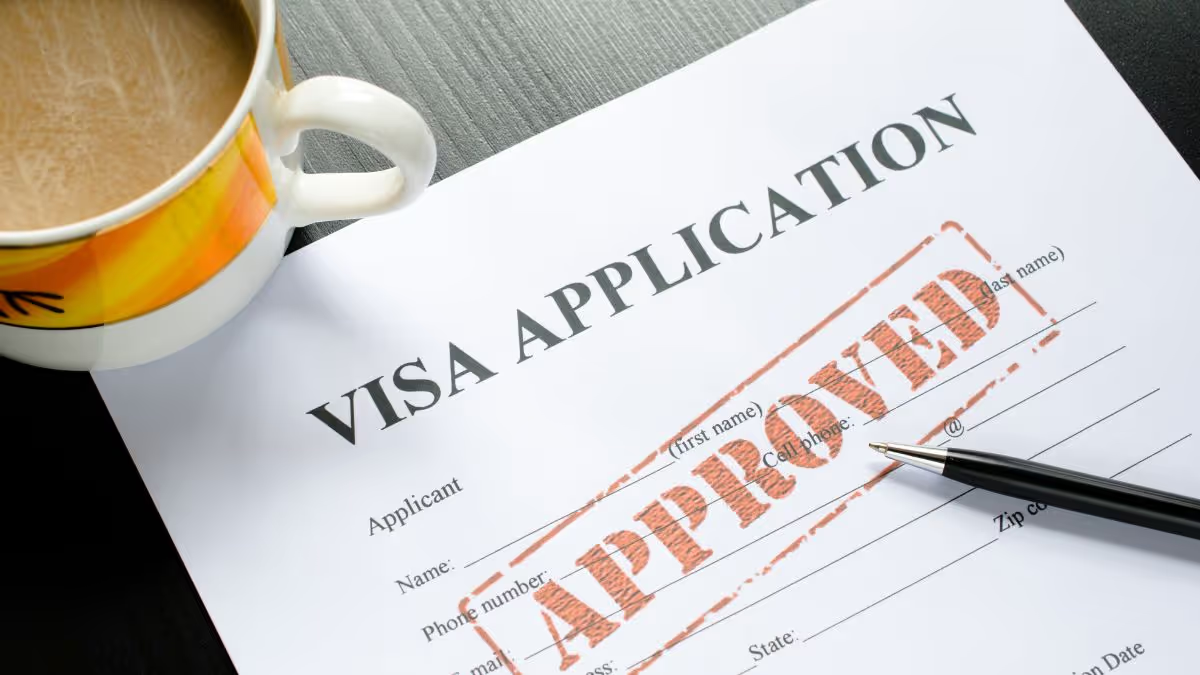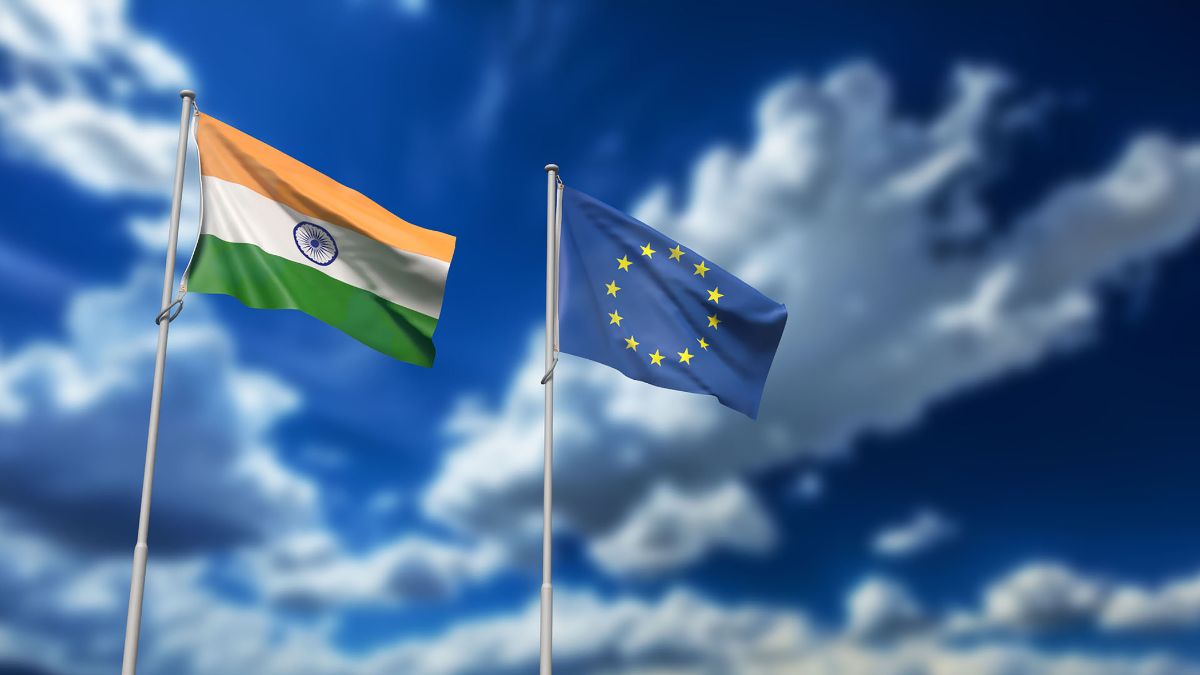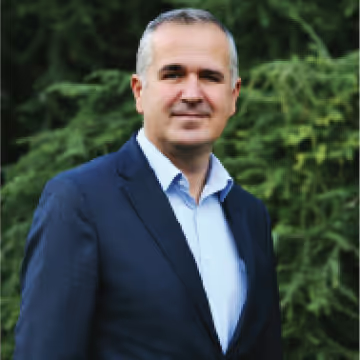A Deep Dive into the Impact of Russian Investments in Portugal
In recent years, Portugal has witnessed an impressive growth in foreign investment, particularly from Russia. Since 2022, the volume of Russian investments into Portugal has reached a substantial €450.6 million according to data sourced from the Bank of Portugal’s Foreign Direct Investment (FDI) records. This marked a 49% increase over the past three years, spotlighting the significant role Russian investors have played in the Portuguese economy.
The Golden Visa Appeal
The Portuguese Golden Visa program has been a magnet for Russian investors.
Prior to 2022, they accounted for 4.2% of all investments under this scheme. Historically, the visa provided an avenue for affluent non-EU individuals to gain a residency permit in Portugal through investment, typically in real estate. This has not only spurred property developments but also injected substantial capital into the local economy.
However, a pivotal shift occurred following the onset of the Russia-Ukraine conflict in February 2022.
Portugal initially suspended the processing of Russian applications under the Golden Visa program. It wasn’t until August 2024 that the Agency for Integration, Migration, and Asylum (AIMA) resumed accepting applications from Russians, following several court rulings that struck down the suspension as unconstitutional.

Legal and Financial Hurdles Amidst Resumption
Despite the resumption of the Golden Visa applications, Russian investors face considerable hurdles, primarily due to European sanctions. These sanctions have imposed restrictions on capital movements, complicating the investment process.
While nationality does not bar Russians from applying, the challenge lies in operational logistics like opening bank accounts in Portugal.
Most Portuguese banks are hesitant to engage with Russian citizens unless they have a European residency permit or have officially renounced Russian citizenship.
It's important to note that the reported investment figures pertain largely to commitments made three to four years prior to their recent approval, reflecting the slow processing pace rather than a current influx of new Russian money.
While the Golden Visa program's appeal among Russians is clear, the increase in applications primarily represents a completion of previous investments due to the extensive backlog and processing delays averaging over 36 months.
Forward Outlook
As Portugal navigates its international relations and external pressures from the European Union, the commitment to a fair and non-discriminatory investment environment remains firm.
The integration of Russian investments into Portugal continues to be processed under stringent checks to ensure compliance with EU sanctions and local laws.
In a broader context, the participation of international investors, including those from Russia, plays a pivotal role in boosting Portugal's economic sectors, especially during times when domestic investment may not suffice. Yet, navigating this landscape requires a balanced approach that aligns with both EU regulations and the national economic strategy.
As global dynamics evolve and policies adjust, the resilience of programs like the Golden Visa will be key in shaping Portugal's economic landscape, while also offering lucrative opportunities for global investors seeking mobility and stability.
With the correct strategies, places like Singapore have shown that it is possible to attract high-quality investments while maintaining compliance with international regulations—a pathway Portugal is keen to follow.























